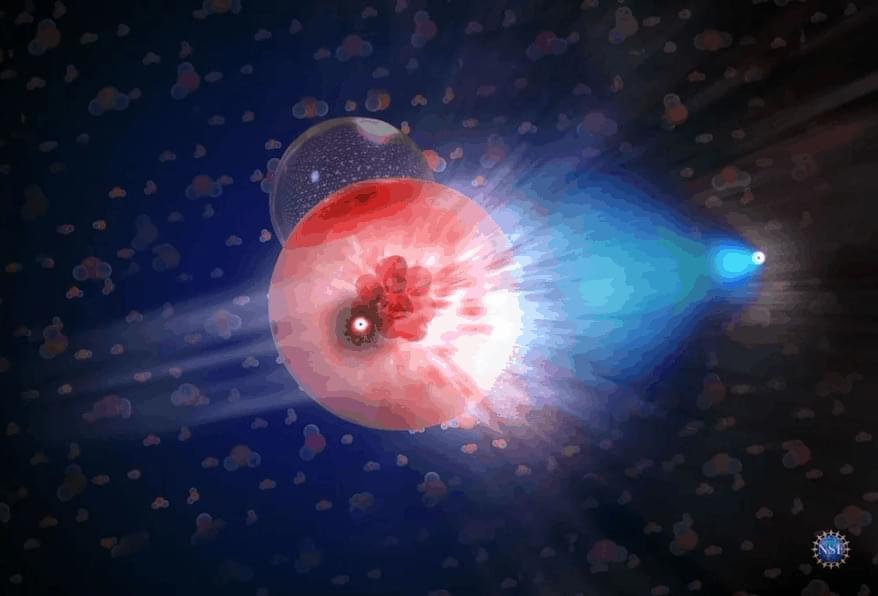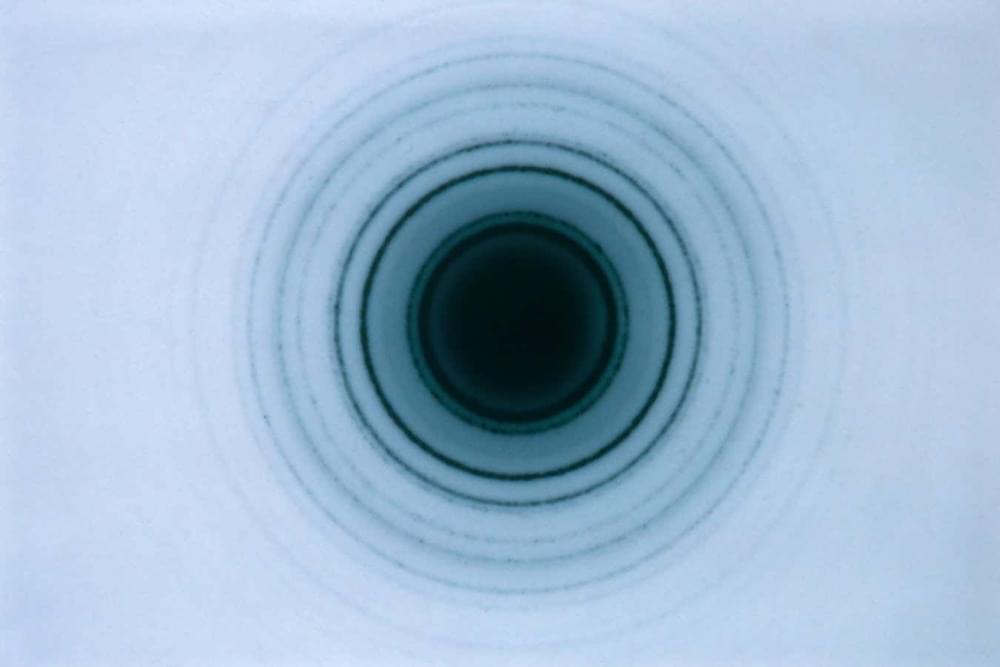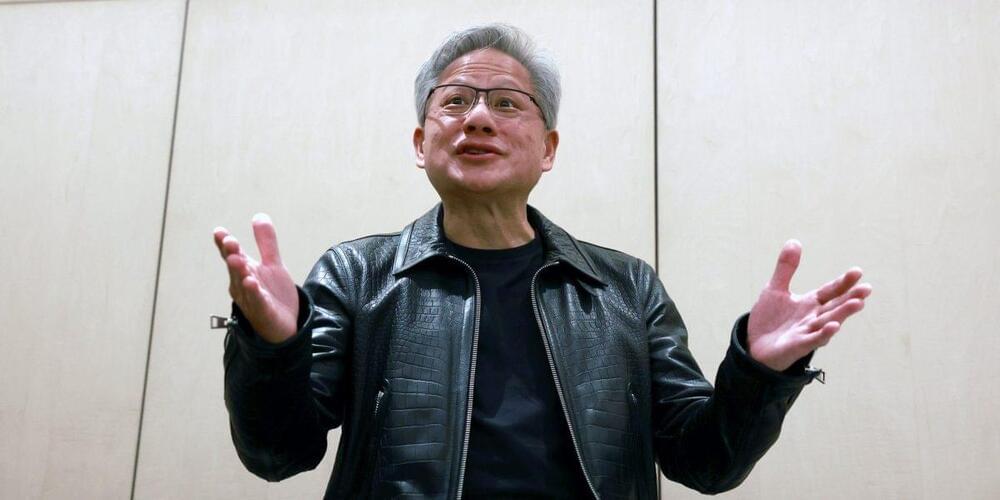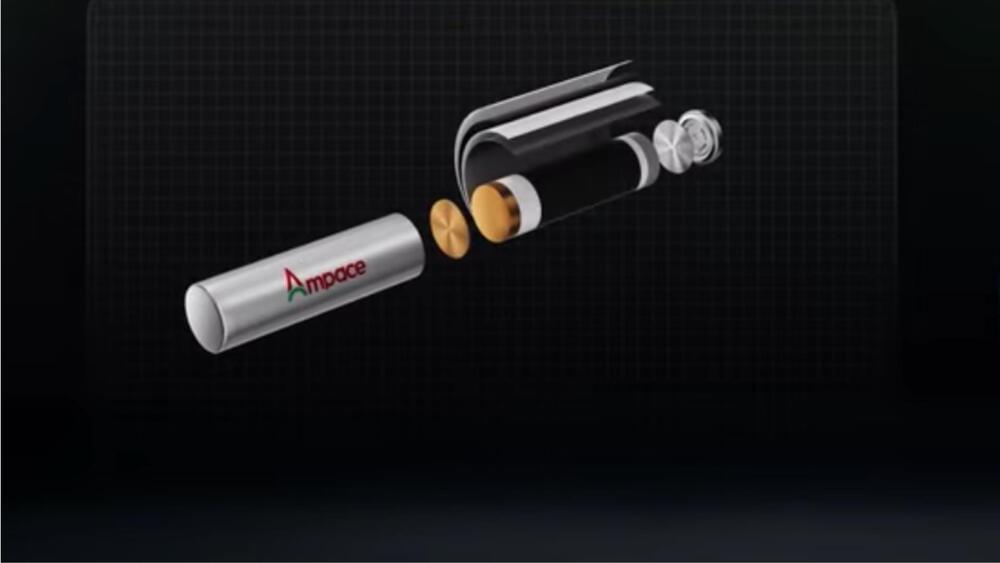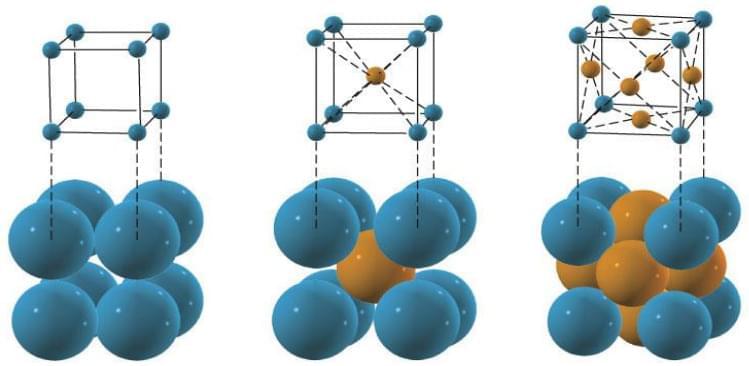Scientists at the Large Hadron Collider (CERN), the world’s most powerful elementary particle booster, have discovered the heaviest form of antimatter ever observed. This discovery is as significant as previous achievements at CERN, in particular the discovery of the Higgs boson and studies of B-meson decay.
The ALICE (A Large Ion Collider Experiment) has discovered an antimatter particle, antihyperhelium-4. It is the “evil twin” of another exotic particle, hyperhelium-4. This form of antimatter consists of two antiprotons, an antineutron, and an unstable antilambda particle, which in turn contains quarks.
The discovery is important for studying the extreme conditions that reigned in the Universe less than a second after the Big Bang. It also helps us understand one of the biggest mysteries of physics, the problem of baryonic asymmetry. According to the theory, matter and antimatter should have existed in equal amounts after the Big Bang, and the mutual annihilation of these particles should have produced pure energy. However, the present Universe is composed predominantly of matter, and antimatter is preserved only in small quantities. The study of hyperhelium and its antiparticle may shed light on the causes of this imbalance.
